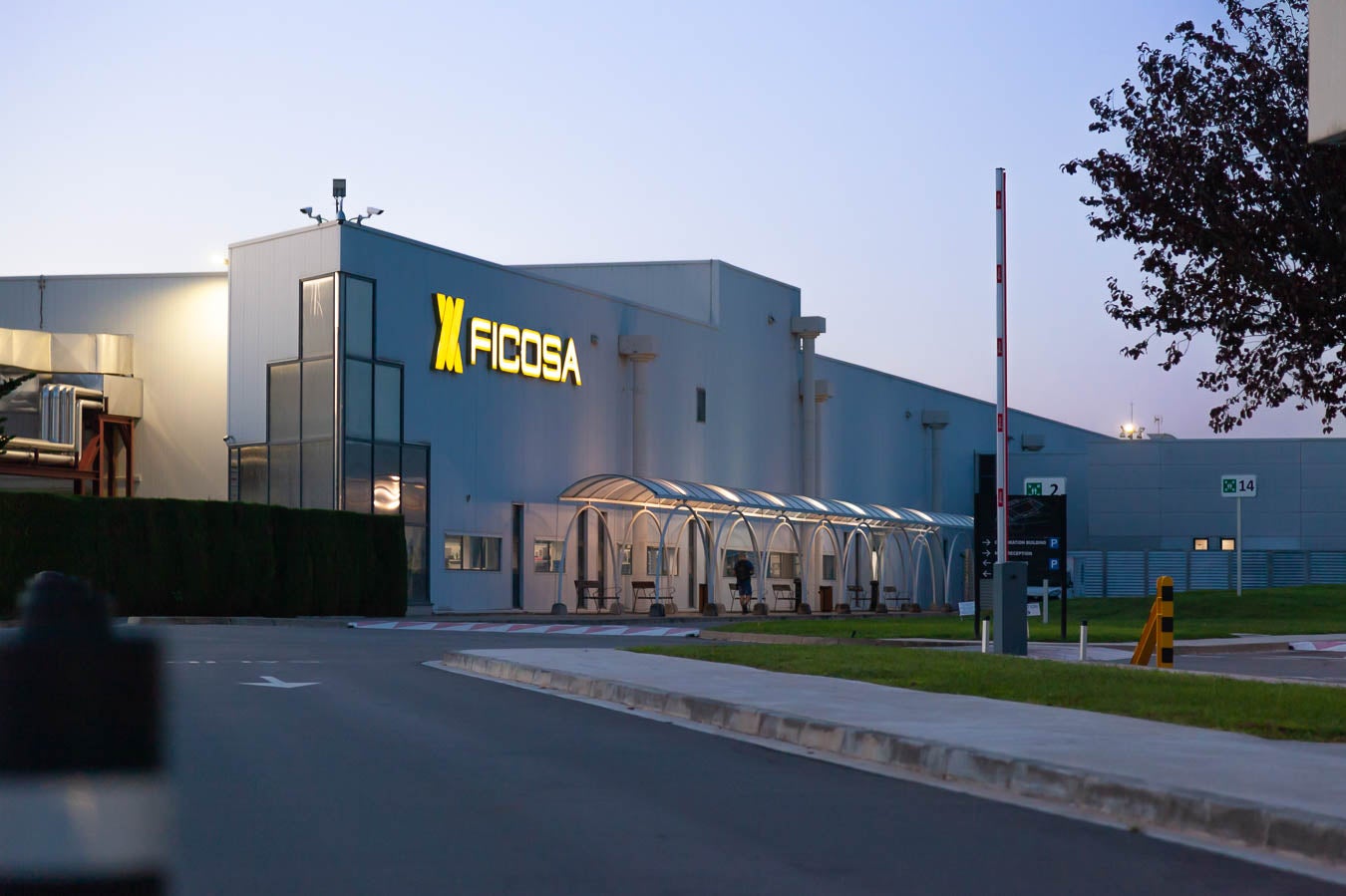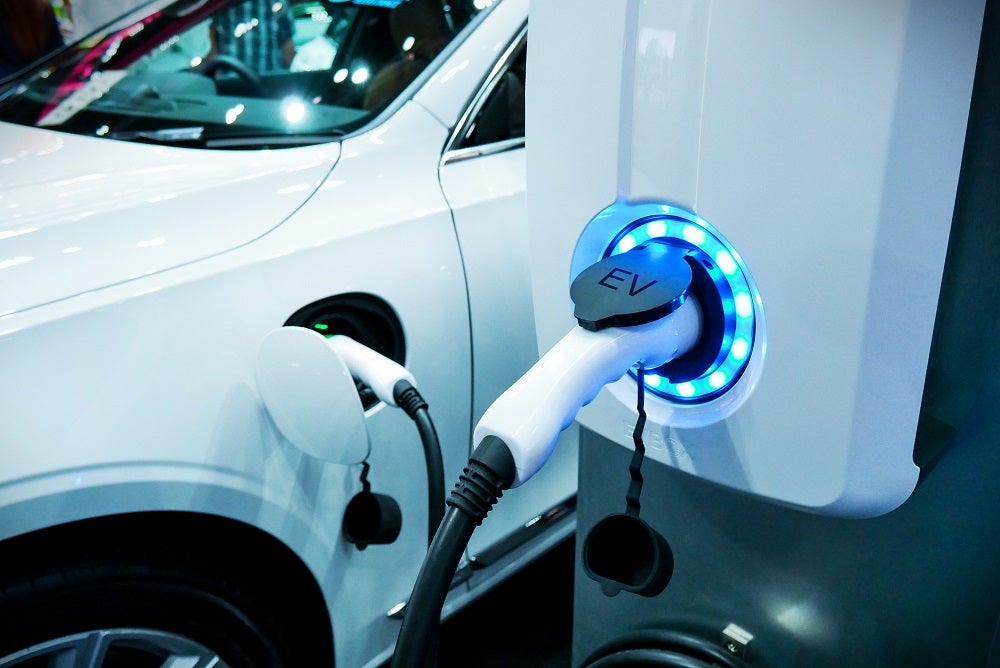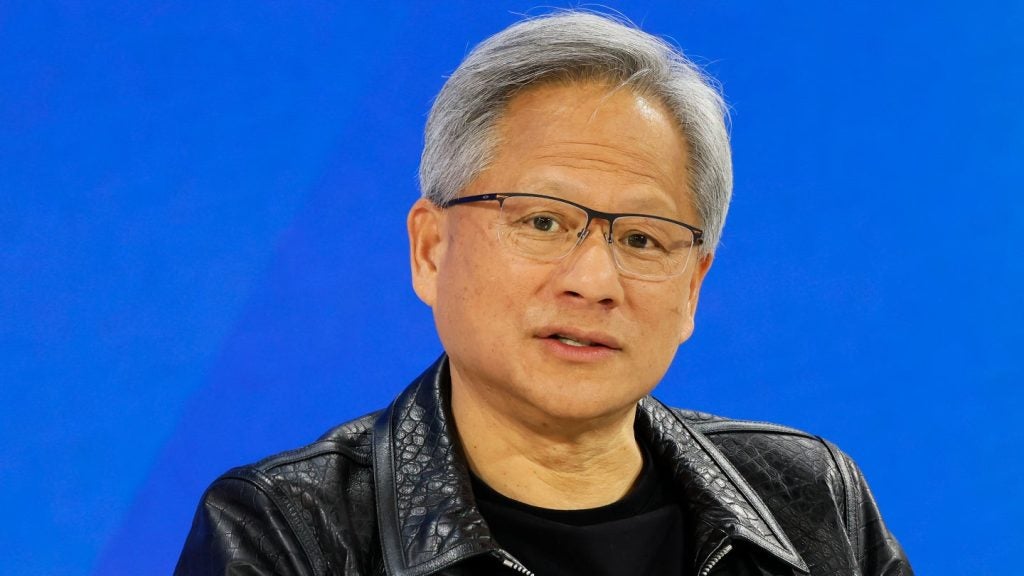
Spain-based (Barcelona) Ficosa has a long history as a major automotive supplier in Europe and increasingly, across the world. As a Tier 1 supplier, it offers a wide range of products and systems for OEMs, including rear-view, door and seating systems. More recently, it has also expanded its offerings to into ADAS and battery components.
Present in 16 countries across Europe, North America, South America and Asia and annual revenue is estimated at around €2bn.
In 2017, Panasonic took a controlling stake in the company.
We spoke to Jose María Forcadell, Chief Technology Officer, Ficosa, about Ficosas’ recent performance, as well as the priorities and challenges ahead.

JA: How was 2023 from an operational point of view? What went well and also where were the major challenges?
How well do you really know your competitors?
Access the most comprehensive Company Profiles on the market, powered by GlobalData. Save hours of research. Gain competitive edge.

Thank you!
Your download email will arrive shortly
Not ready to buy yet? Download a free sample
We are confident about the unique quality of our Company Profiles. However, we want you to make the most beneficial decision for your business, so we offer a free sample that you can download by submitting the below form
By GlobalDataJMF: The overall landscape of 2023 shows a substantial improvement in operational stability, while both suppliers and customers in the industry are grappling with strategic adjustments to address complexities associated with electric vehicles, workforce, and technological evolution.
As a positive aspect, it is worth noting the stability of semiconductor availability in the market. This improvement has had a positive impact on the operations of Ficosa, as well as on buyers and automobile manufacturers, significantly reducing the uncertainty that existed in demand and production during some previous periods. This stability, crucial for efficiency, has eased operational management compared to the challenges experienced in 2021 and 2022, allowing for significant improvements.
In terms of challenges, the global uncertainty around electric vehicles has introduced additional complexity into the production system. Constant fluctuations in supply and demand have also complicated inventory management, with the risk of accumulating overstocks due to sudden market changes. Another significant challenge, shared across the industry, has been talent. The ability to attract and cultivate technical talent has never been more crucial, given the swift pace of technological advancements in the automotive sector.
How is Ficosa addressing those challenges?
Regarding the electric vehicle challenge, at Ficosa, we have established prior agreements with customers and suppliers to gain a more precise understanding of their needs. This approach enables us to enhance operational efficiency. We acknowledge that the full consolidation of this technology will take several years, so we proactively work towards finding solutions that allow us to optimize our processes.
In our commitment to talent acquisition, we have undertaken various initiatives to attract top professionals to our company. This involves, among others, active participation in industry-related events, collaboration with top-rated engineering universities, and attendance at key fairs to establish connections and promote our organization. Simultaneously, we are unwavering in our dedication to engaging this talent, implementing ongoing efforts in career development, training and wellness programs, and emphasizing our unique value proposition.
And in terms of product, where do you see most growth?
In our upcoming mid-term plan at Ficosa, our strategic focus centers on making significant advancements in the ADAS and eMobility sectors. While our traditional products, such as rearview mirrors, continue to exhibit steady growth in a mature market driven by the added value in the mirrors, we recognize substantial opportunities for progress in ADAS. Specifically, our emphasis lies on In-Cabin solutions, surround-view systems, and autopark features integrated with autonomous vehicles, all crucial components on the roadmap to a car of the future.
Furthermore, we anticipate significant growth in areas associated with hybrid and electric cars. This includes a focus on key components related to batteries, such as junction boxes and battery management systems. This strategic direction aligns with our commitment to remaining at the forefront of industry trends and technological advancements, establishing ourselves as a key player in the construction of safer and more sustainable vehicles.
If I was an OE customer, what do you think it is about Ficosa that should most impress me?
Over the past few years, Ficosa has undergone a significant transformation, shifting its focus from primarily electromechanical products to ones that are electronic and software-driven. This change is evident throughout various stages, including development, validation, and production processes.
What stands out most, especially from the perspective of an OEM, is Ficosa’s impressive ability to adapt to market demands swiftly and effectively. This adaptability is showcased through the company’s strategic talent acquisition, allowing the employees to work seamlessly on both traditional products and cutting-edge technology products, particularly those related to vision and electromechanical systems.
As far as the auto industry is concerned, what do you think about the major challenges ahead? Do you think the auto business will look like it does today in ten years’ time?
The automotive industry is experiencing a historic shift, transitioning from mechanically oriented cars to increasingly electronic ones, incorporating substantial amounts of software code. We are in a new era where everyone in the automotive ecosystem, from component manufacturers to design engineers, dealers, or customers, is confronted with important changes.
As cars evolve into ‘computers on wheels,’ an increasing value stems from digital technology design and software. Simultaneously, the transition to electric vehicles requires new approaches to building cars, involving different components and technologies. This transformation implies a fundamental change across the entire value chain, affecting OEMs, Tier 1 suppliers, Tier 2 suppliers, and beyond. This shift presents considerable challenges in attracting and engaging top talent, as well as in reshaping companies to align with the trajectory toward more autonomous, intelligent, safer and sustainable vehicles.





